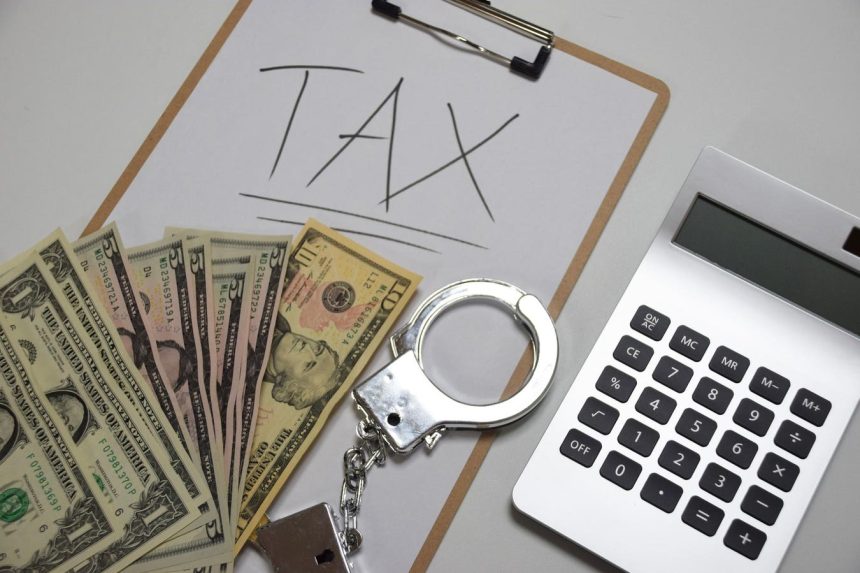The COVID-19 pandemic sparked the creation of several tax relief programs aimed at supporting businesses and their employees. Among these was the Employee Retention Credit (ERC), designed to encourage businesses to retain their workforce despite financial hardships. While the ERC provided much-needed relief to many legitimate businesses, it also unfortunately became a target for fraud, as evidenced by a recent indictment against seven individuals accused of orchestrating a massive scheme to defraud the government. This case highlights the potential for criminal prosecution arising from fraudulent tax claims, serving as a stark reminder of the severe consequences for those who exploit relief programs for personal gain.
The indictment alleges that these seven individuals, operating primarily out of a credit repair business in New York, engaged in a conspiracy to fraudulently claim over $600 million in ERC and Sick and Family Leave Credits (SFLC). The scheme involved submitting over 8,000 false tax returns on behalf of themselves, their clients, and shell companies they created for clients without existing businesses. These returns contained various fabricated claims, including inflated SFLC amounts exceeding reported wages, double-dipping by claiming both sick and family leave credits for the same wages, and claiming both ERC and SFLC for identical wages – all in violation of the program rules. The alleged fraud resulted in the disbursement of approximately $45 million in taxpayer funds before the scheme was uncovered.
The intricate nature of the fraud involved various methods to conceal their activities. The defendants avoided identifying themselves as the paid preparers on the tax returns and utilized Virtual Private Networks (VPNs) to mask their IP addresses during filing. They also provided false information to the IRS and Social Security Administration (SSA) when inquiries arose regarding the suspicious returns. Furthermore, the defendants are accused of submitting fraudulent Paycheck Protection Program (PPP) loan applications, adding another layer to their alleged criminal activity. This multi-faceted approach aimed to create layers of obfuscation, making it more challenging for authorities to detect the fraudulent activity.
The unraveling of this elaborate scheme began when the IRS and SSA detected discrepancies within the submitted tax returns. The agencies’ requests for additional information were met with false documentation provided by the defendants. This attempt to further conceal their actions ultimately contributed to their downfall, as the inconsistencies raised red flags and triggered a deeper investigation. This underscores the importance of robust oversight and verification procedures within government relief programs to identify and prevent fraudulent activities.
The indictment details a laundry list of charges against the defendants, including conspiracy to defraud the United States, wire fraud related to both the ERC scheme and fraudulent PPP applications, and aiding and assisting in the preparation of false tax returns. These charges carry substantial penalties, with potential prison sentences ranging from five to thirty years depending on the specific charge. The collective maximum potential sentence for all defendants, if convicted on all counts, could amount to hundreds of years, highlighting the severe consequences associated with tax fraud. This case serves as a cautionary tale for both taxpayers and tax professionals.
While the defendants are presumed innocent until proven guilty, the indictment paints a picture of a deliberate and large-scale effort to defraud the government. The case underscores the importance of ethical conduct in tax matters and the vigilance of government agencies in detecting and prosecuting fraudulent activities. The outcome of this case will undoubtedly serve as a deterrent to others contemplating similar schemes, reinforcing the message that exploiting taxpayer-funded relief programs for personal gain carries significant risks. This case also highlights the need for continued improvements in the oversight and administration of such programs to minimize vulnerabilities to fraud and ensure that funds reach those who genuinely need them.



